MUSTS events
Below you will find an overview of research events and colloquia organised by MUSTS.
‘Phase change: A biomaterial history through silk’
Colloquium 28 June 2023. Speaker Lisa Onaga
The natural fiber of silk, unraveled from the cocoons spun by the caterpillars of silk moths, is best known as a textile material, but it is also a valuable key for unlocking a history of biomaterials. The making of silk threads in Japan has entailed a particularly dynamic history of biology due to scientific breeding of silk moths that improved specific material properties of silk filaments. Scientific activities centered around silk’s significance as a textile underwent a change during the 1990s as researchers increasingly tested new ways of rendering these proteinaceous filaments into astonishingly different physical forms unlike materials used typically for weaving.
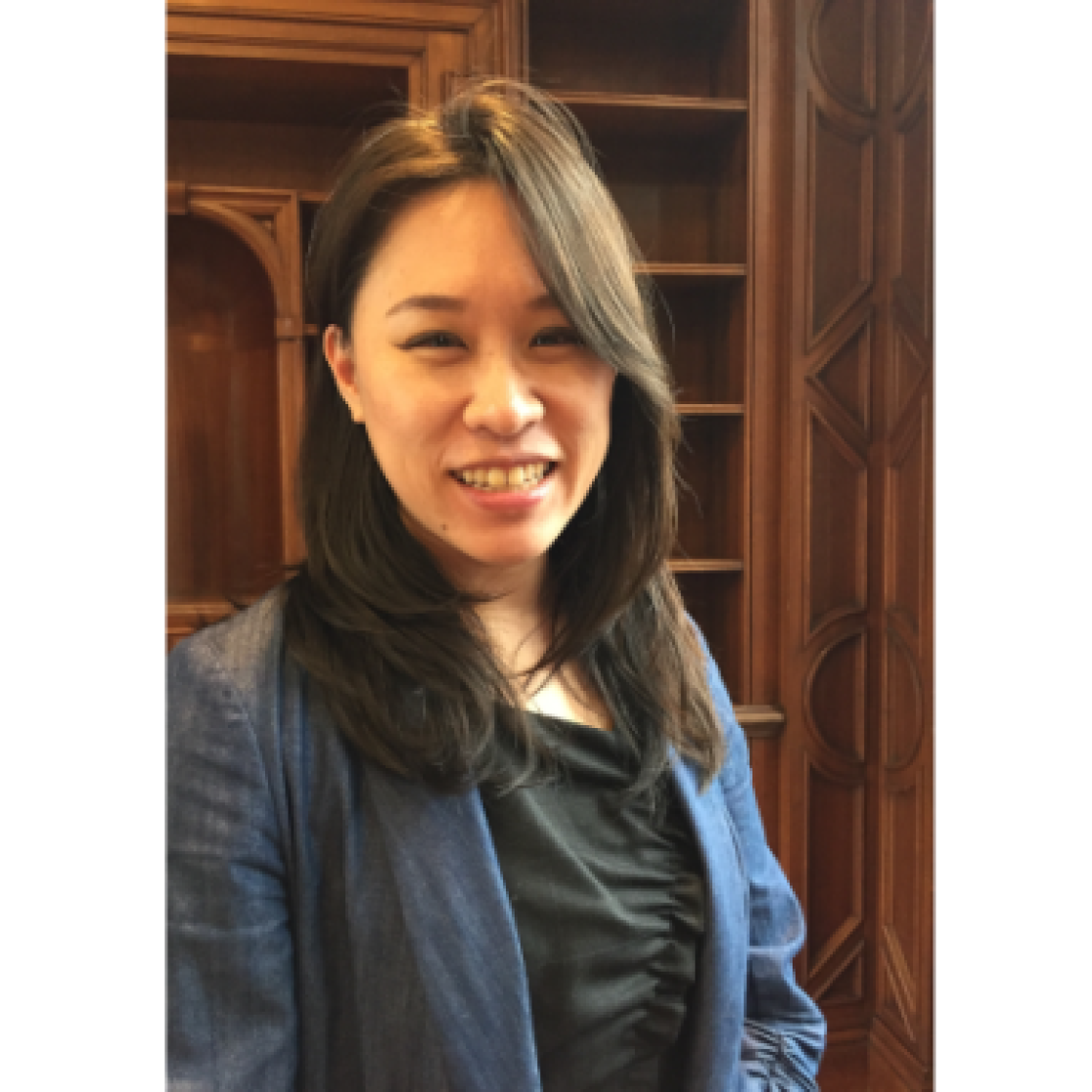
This shift in how people envisioned and explored new micro-scale material uses for silk dovetailed with efforts to diversify applications for silk due to economic reasons as it fell from among Japan’s roster of top export commodities. It also occurred amidst wider scientific efforts to institutionalize the field of biomaterials internationally. The formation of new silk materials facilitated a set of conditions that invited more expansive perspectives that regarded silkworm bodies not only as sources of silk but also tailor-made proteins, used, for example, to develop veterinary medicines. Tracing the inseverable connection between silk and the lively silkworm clarifies how the notion of “biomaterial” emerged in Japan’s recent past and why a history of biomaterials must be told at the interface of biological and technological things.
BIO
Lisa Onaga is a Senior Research Scholar at the Max Planck Institute for the History of Science in Berlin, Germany. She previously taught at Nanyang Technological University in Singapore and at the UCLA Institute for Society and Genetics. She leads the “Proteins and Fibers: Scaffolding History with Molecular Signatures” working group at the MPIWG, which examines the history of animal materials and their multidisciplinary scientific analysis. Lisa’s research in the history of science and technology focuses on the ownership and authorship of knowledge at the material interface of animal and human life in agricultural, laboratory, health, and industrial settings. She has published extensively on the history of the science of the silkworm in Japan. Most recently, she co-edited with Laurence Douny “Making Animal Materials in Time,” a special issue of the Historical Studies of the Natural Sciences (vol. 53, no. 3, 2023).
Plural valuation of nature: understanding, relevance and use of ‘relational values’
Colloquium 31 May 2023. Speaker Stijn Neuteleers (Open Universiteit/Maastricht University)
In its most recent global assessment report, the Intergovernmental Science-Policy Platform on Biodiversity and Ecosystem Services (IPBES) explicitly deals with the so-called plural valuation of nature (‘The methodological assessment report on the diverse values and valuation of nature’). A central element is the threefold distinction between intrinsic, instrumental and relational values of nature. The last few years, especially since 2018, this distinction has been increasingly used in environmental (social) science.
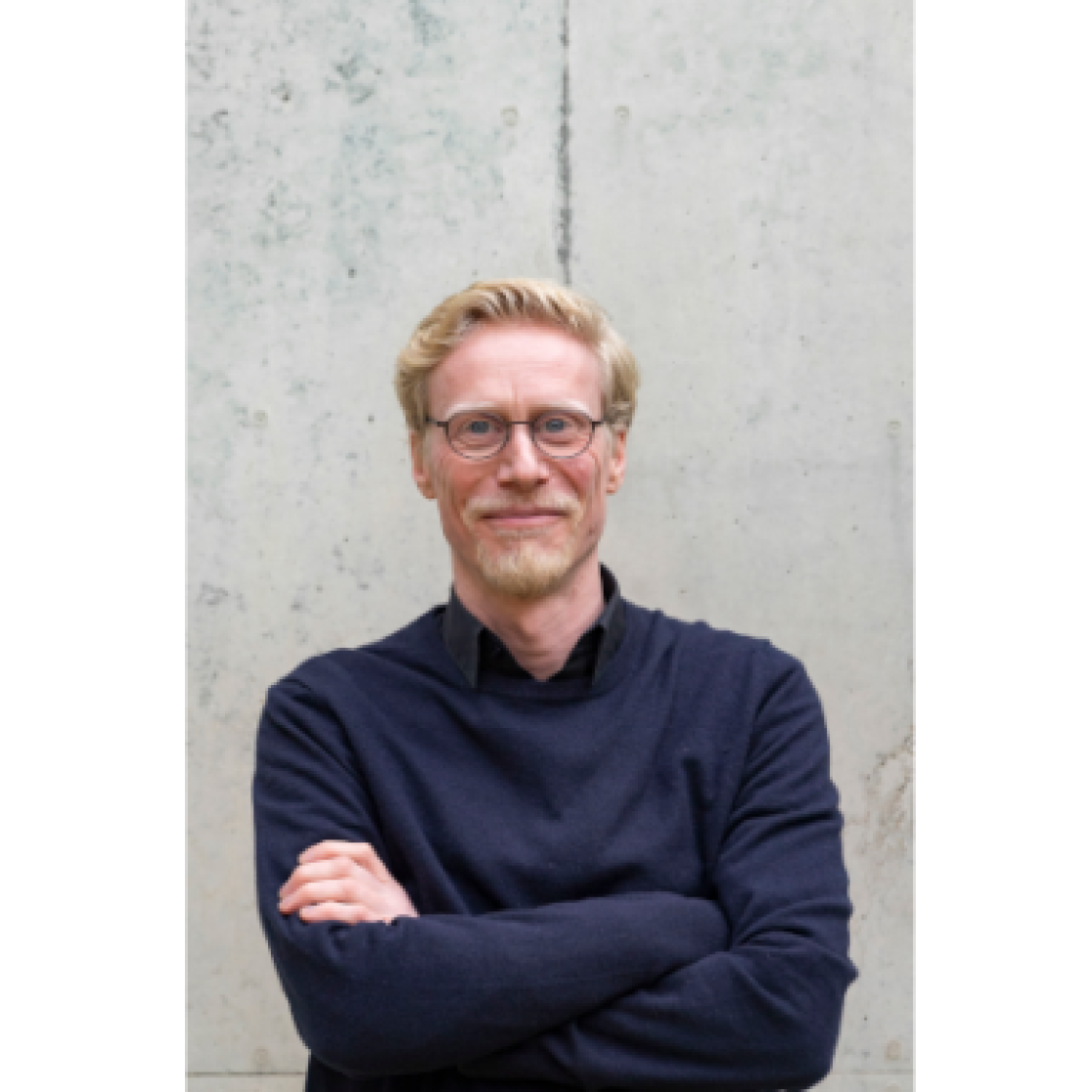
The addition of ‘relational values’ to the more common distinction of intrinsic/instrumental value is seen as a necessary step to grasp the complexity of people valuing nature, in order to increase support for nature conservation and to reduce nature-related conflicts. There is, however, still much confusion about the content of such values and in particular about the concept of relational values. These concepts originate in environmental philosophy but the philosophical debate has not taken away the confusion. This paper proposes an interpretation of this threefold distinction, thereby allowing to understand the fundamental differences and to provide applicable distinctions for applied science and policy. For this goal, the paper looks at a fundamental debate in ethics, namely about a third category of reasons – besides reasons from morality and self-interest – labelled as reasons of love, care or meaningfulness.
Einstein Telescope Building a billion-Euro-class research Infrastructure in Limburg?
Colloquium 26 April 2023. Speaker Stefan Hild (Maastricht University)
Most of our universe is dark, i.e. it does not send out any light or electromagnetic waves of other wavelengths. However, the recent discoveries of gravitational waves from merging black holes and neutron starts have opened up a completely new window into our universe and in particular its ‘dark side’. In Europe scientist are preparing the construction of the 2 billion Euro Einstein Telescope, a new generation of gravitational wave observatory, constructed as a equilateral triangle of 10 kilometer length, 250m underground.
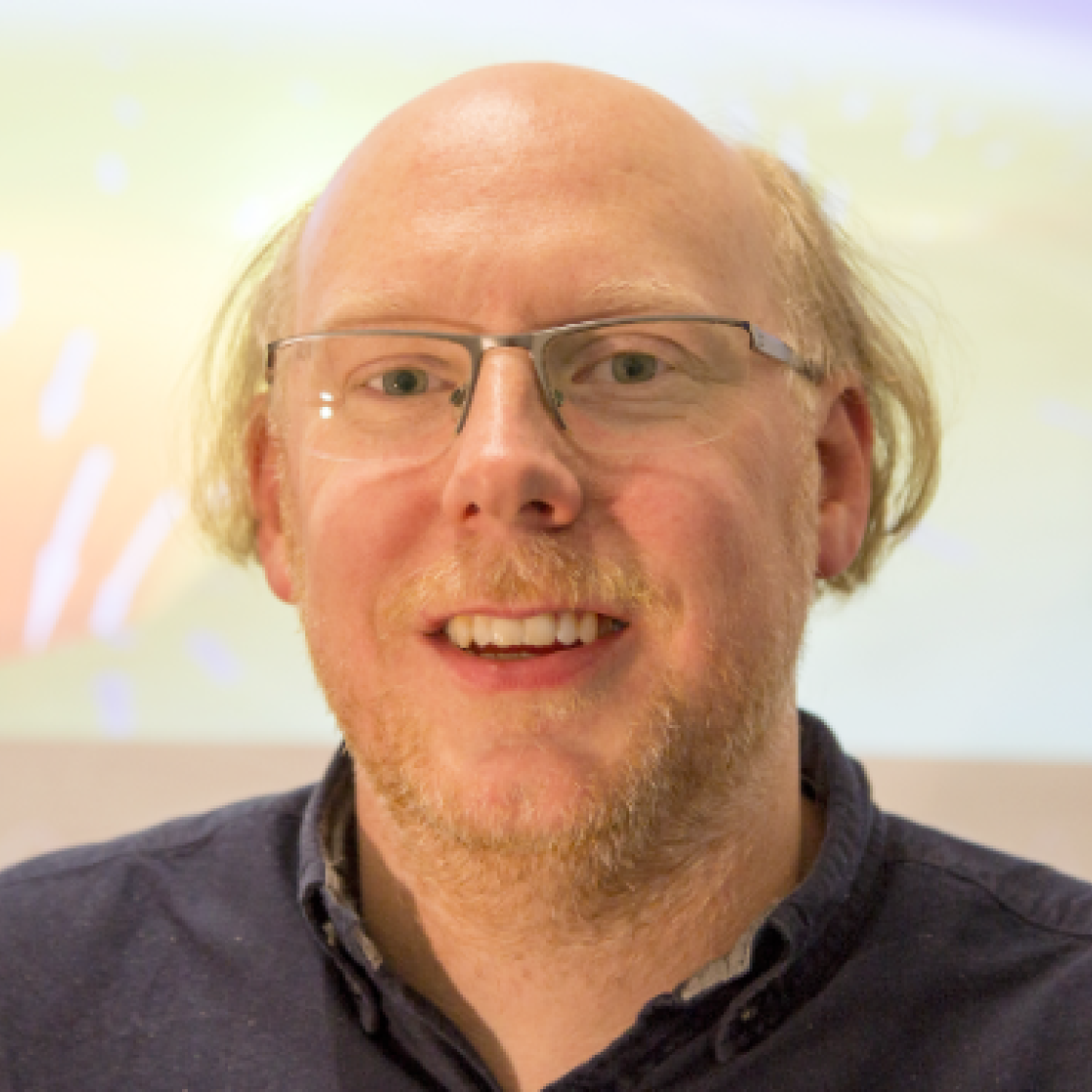
In 2021 the Einstein Telescope was admitted to the ESFRI roadmap. One of the two site candidates is South Limburg on the doorstep of Maastricht. This colloquium will give an overview of the enabling technologies and scientific concepts of the Einstein Telescope, as well as presenting current activities ongoing towards producing a bidbook for hosting ET in the region.
BIO
Stefan Hild is Professor of Experimental Physics at the Faculty of Science and Egineering of Maastricht University. He previously worked at the Max Planck Institute for Gravitational Physics (Albert Einstein Institute), the University of Birmingham and the University of Glasgow. He is the project leader of the ETpathfinder project and has contributed many ideas and designs to the Einstein Telescope. Hild has been active in gravitational wave research for the past 20 years and he has been part of the international team which discovered gravitational waves from two colliding black holes in 2015.
Vital elements, post-colonial flows: Forensics as an art of paying attention
Joint MUSTS-GTD Colloquium 19 April 2023. Speaker Amade M'charek (University of Amsterdam).
Since 2014 more than 23,000 people have drowned in the Mediterranean Sea. They have been attended to as “border death” (Last & Spijkerboer 2014), drawing attention to the militarization of Europe’s borders and its migration policy. But what if we made a decolonial move and crossed the Mediterranean, from Europe to Africa? What if we attended to death, not in relation to borders that kill, but in relation to life and livelihood?
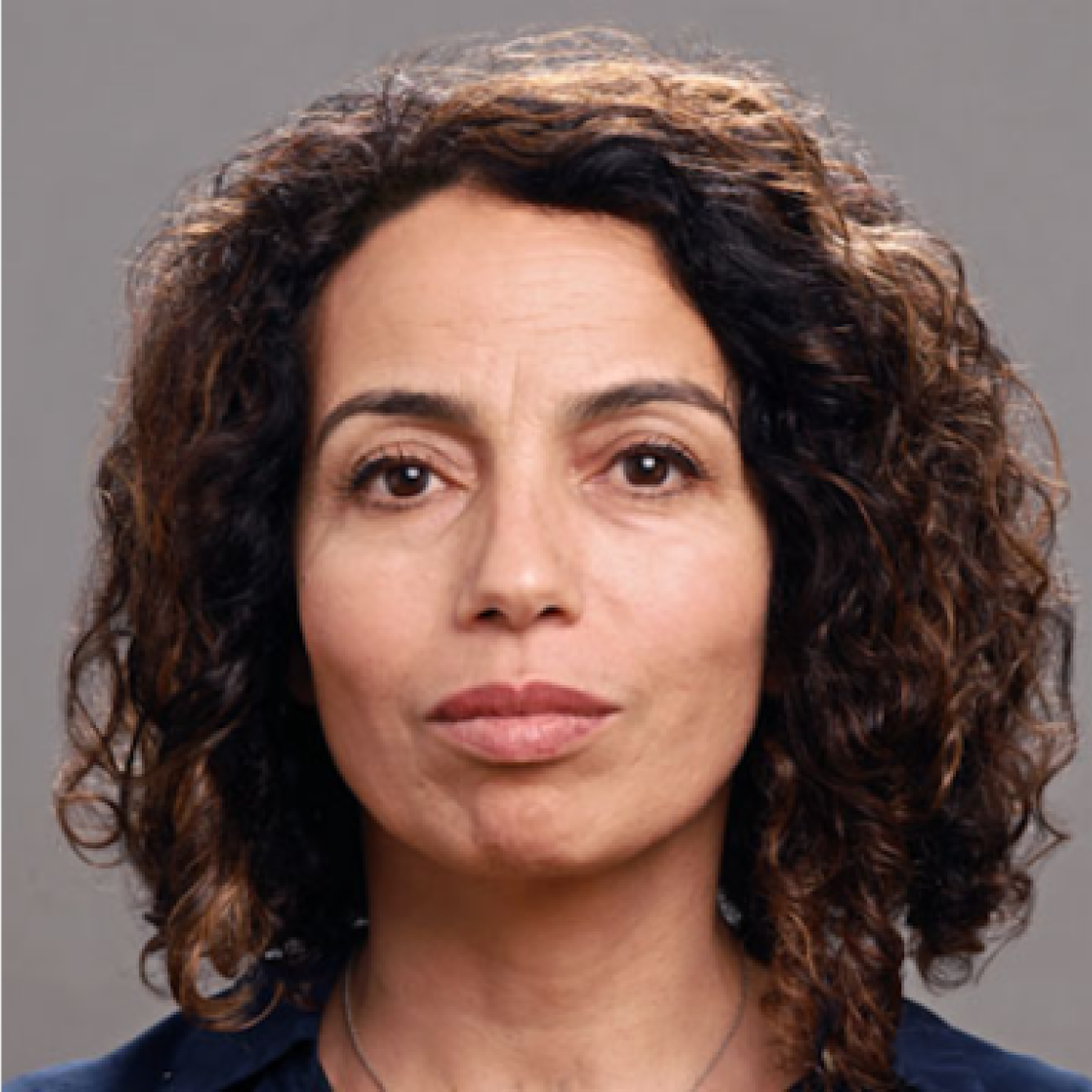
The starting point for this tale is the beaches of Zarzis, a southern Tunisian harbour town, where dead bodies have been washing ashore since the mid-nineties. I ask how these bodies ended up here, a forensic question I will not engage in any self-evident way.I reconfigure forensics, from an art of mobilizing evidence and finding closure, to an art of paying attention, a mode of opening up and articulating complex entanglements.
BIO
Amade Aouatef M’charek is Professor of Anthropology of Science at the Department of Anthropology, University of Amsterdam. M’charek is finalizing the RaceFaceID Project, an ERC-consolidator project on forensic identification and the making of face and race, and co-Principal Investigator of the NWA project Pressing Matter: Ownership, Value and the Question of Colonial Heritage in Museums. Through her research on migrant death, she has developed an interest in forensic methods for studying (post)colonial relations, circulations and extractions, which has resulted in the ERC-Advanced project Vital Elements and Postcolonial Moves: Forensics as the Art of Paying Attention in a Mediterranean Harbour Town.
Trouble in Moneyland: Trajectories of Mediation in Financial Technologies
Colloquium 29 March 2023. Speaker Sebastian Giessman (University of Siegen/Humboldt University Berlin).
My talk is analyzing two parallel historical trajectories, and their uneasy convergence in contemporary digital cultures. It reconstructs a mode of financialization that infrastructurally combines instant messaging and digital payments. How, why and for whom should these two ways of interacting converge? What are the economical stakes of combining platform and app economies? I am going to inquire into these questions from a point of view that integrates history, STS, and media theory. Thus, the alternative title of this talk could be “every mediation counts.”
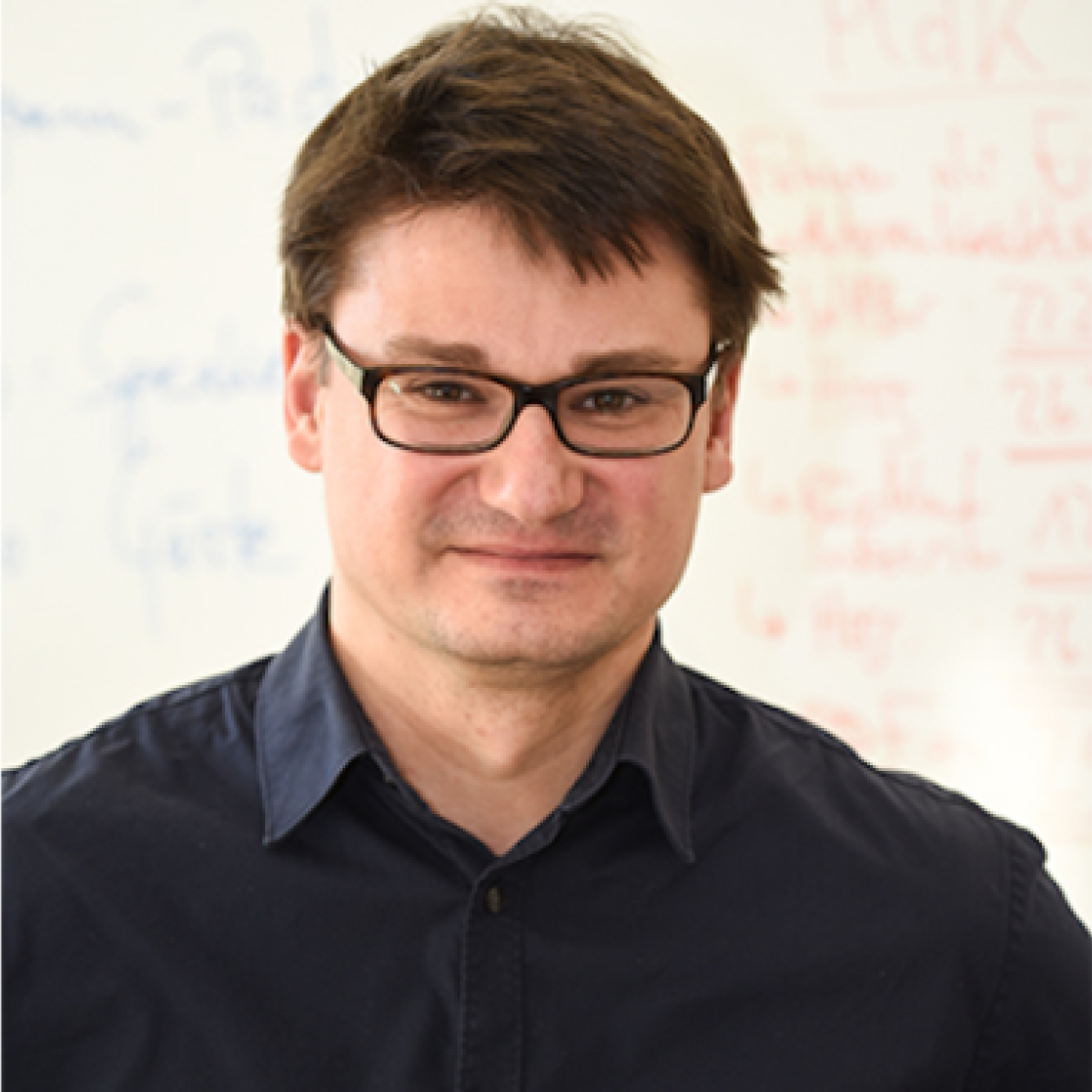
BIO
Sebastian Gießmann is Reader in Media Theory at the University of Siegen. In 2023, he serves as visiting professor for cultural techniques and history of knowledge at Berlin’s Humboldt University. His book Connectivity of Things: Network Cultures Since 1832 is forthcoming in MIT Press’s Infrastructures series. Gießmann’s work intertwines practice theory (which he helped to establish within media studies), cultural techniques, Science and Technology Studies, and grounded histories of (digital) media. He is principal investigator of a major research project on the history of network infrastructures within the DFG-funded collaborative research center Media of Cooperation.
How philosophical beliefs about science affect science education in academic engineering programs: the context of construction
Colloquium 1 March 2023. Speaker Mieke Boon (University of Twente)
Science education in academic engineering programs: aims and claims: Academic (i.e., university level) engineering programs, such as BSc and MSc programs at Technical Universities in Europe, aim to educate future engineers for academic and professional roles in solving complex (socio-)technological problems. An important learning objective described in policy documents is that academically trained engineers are able to use scientific approaches.
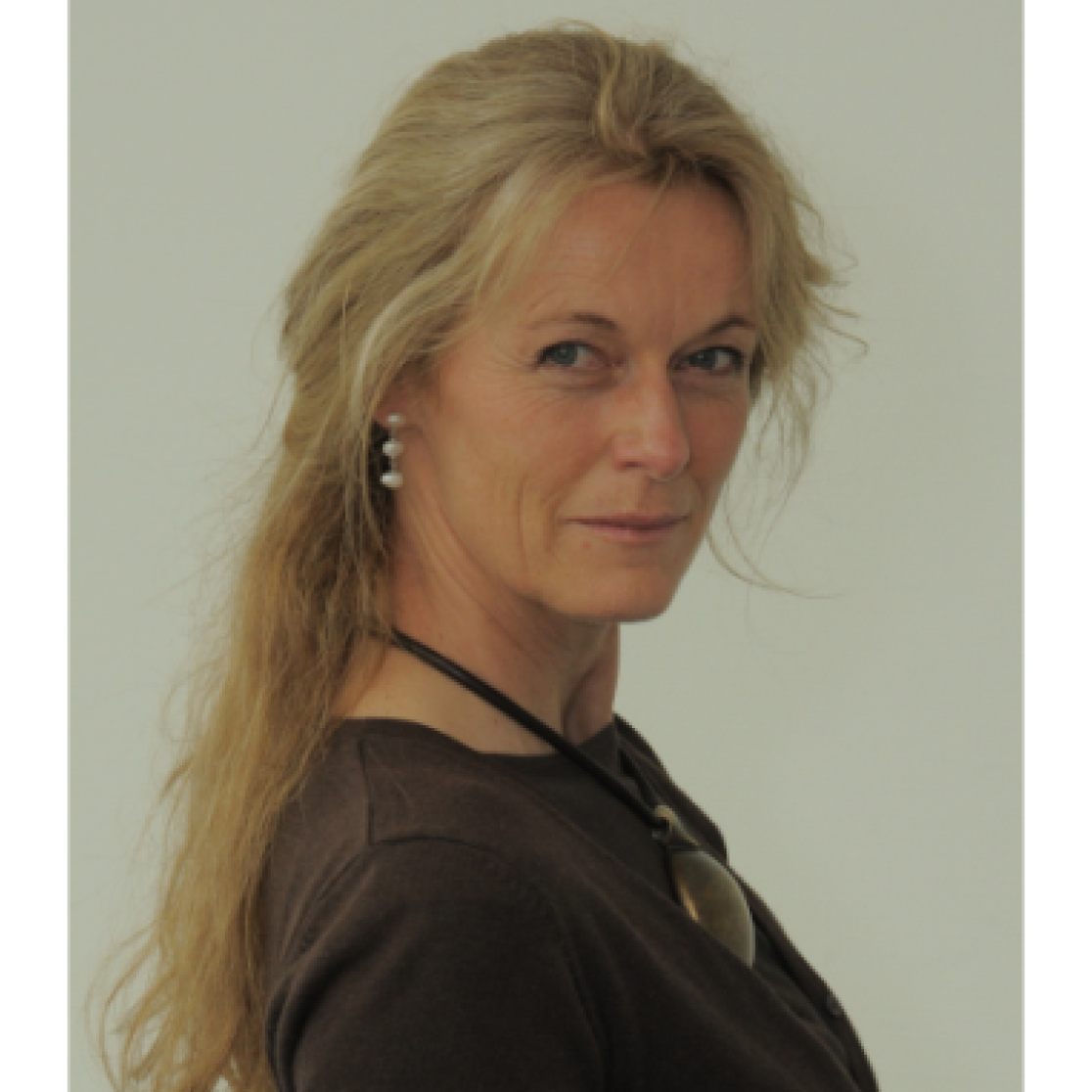
My central claim is that a dominant view of science, called a physics paradigm of science, hinders the effectiveness of science courses in promoting students’ ability to conduct relevant scientific research. I propose an alternative view of science, called an engineering paradigm of science, better suited to understanding scientific approaches in technological design and development, and to developing more effective science education. The philosophy of science can contribute to a better understanding of the epistemic strategies in knowledge construction. I propose to call this domain of study the context of construction.
Panel discussion “Why STS (does not) need(s) animal history – and vice versa”
Panel discussion 26 January 2023. Moderator Raf de Bont (UM).
The Moving Animals project organised a panel discussion with experts to discuss the need for intellectual traffic between these fields.
Are concepts, methods and approaches from STS of any use for scholars who seek to historicise the lives of animals? And do animal histories have anything on offer for science and technology scholars? Where would cross-fertilizations be useful? And where do the two fields clash?
Clemens Driesen (Wageningen University and Research), Dolly Jørgensen (University of Stavanger), Mieke Roscher (University of Kassel), and Bert Theunissen (Utrecht University) engaged with these questions in dialogue with each other and with the audience.
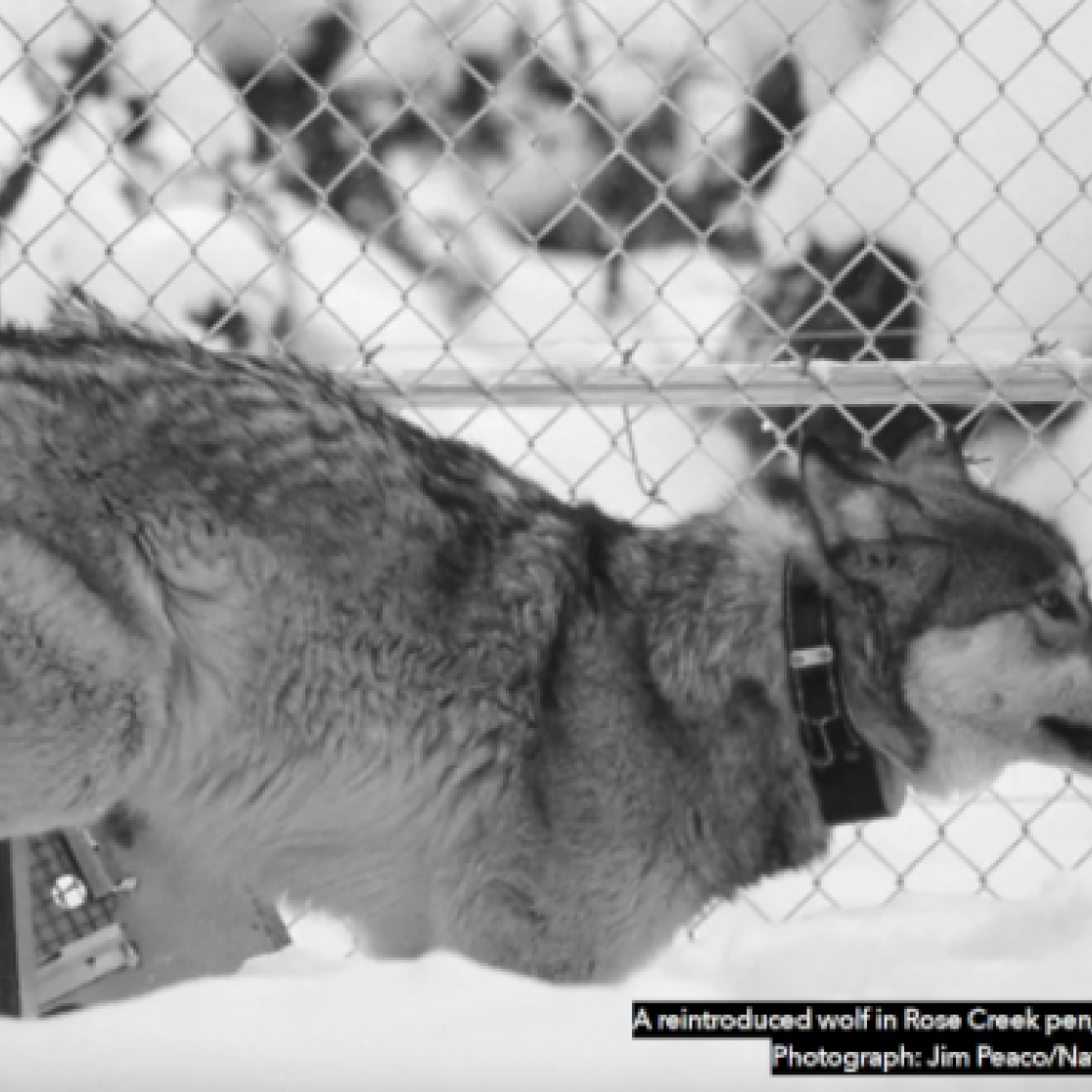
Cyrus Mody keynote speaker at Maastricht University’s 47th Dies Natalis
On Friday 27 January 2023, Maastricht University celebrated its 47th Dies Natalis around the theme “Bold yet prudent: technological innovation and society”.
On this joyous occasion at the Sint Janskerk in Maastricht (from 15:30), Rector Prof. dr. Pamela Habibović awarded the Wynand Wijnen Education Prize, the Dissertation Prize and the Student Prizes. Prof. Robert S. Langer has been awarded the honorary doctorate.
The theme of the 2023 Dies Natalis wass “bold yet prudent: technological innovation and society”.
“When it comes to technology, we keep evolving and improving. This technological innovation reinforces the best and worst of human nature. Maastricht University believes it is up to universities to consider the potential deeper effects of new technologies carefully and in an interdisciplinary way. This is how we do justice to our role as a catalyst of innovation.”
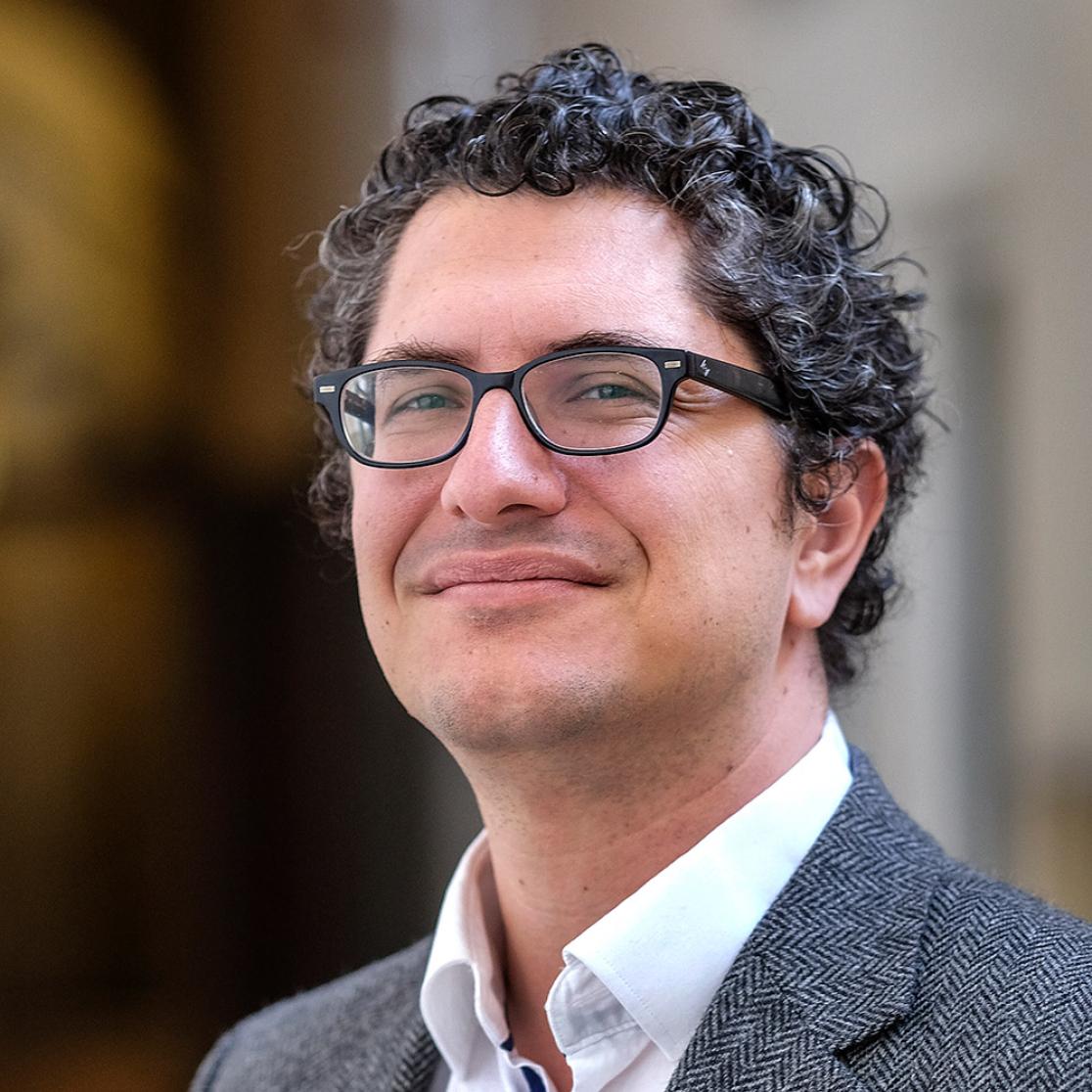
In keeping with this year’s theme, Prof. Cyrus Mody — program leader at MUSTS and historian of recent science and technology — had the honour to give the keynote lecture. A principal investigator on an NWO Vici grant, he specialises in the history and development of the oil industry since 1965. As co-investigator of an ERC Synergy grant, he is committed to creating a healthy scientific dialogue.
Watch the livestream here.
Multiple past(s), present(s) and future(s) of de facto responsible research and innovation (rri).
Colloquium 7 December 2022. Speakers: Sally Randles (Manchester Metropolitan University and Michiel van Oudheusden (Athena institute VU Amsterdam).
In 2021, the Journal of Responsible Innovation presented a rich multi-disciplinary Special Issue comprising 14 papers curated by Guest Eds. Michiel van Oudheusden and Clare Shelley-Egan under the title ‘RRI Futures: learning from a decade of RRI and a diversity of voices and visions’ (JRI: SI 2021, 8:2). The SI was motivated by the questions : What can be learned from roughly a decade of interest in Responsible Research and Innovation (RRI)? How should such learning inform policy, scholarly, and practitioner agendas and imaginations for the next ten years? The SI takes stock of the accomplishments and shortcomings of RRI by delving into past RRI policies and processes, and by probing possible and desirable RRI futures.
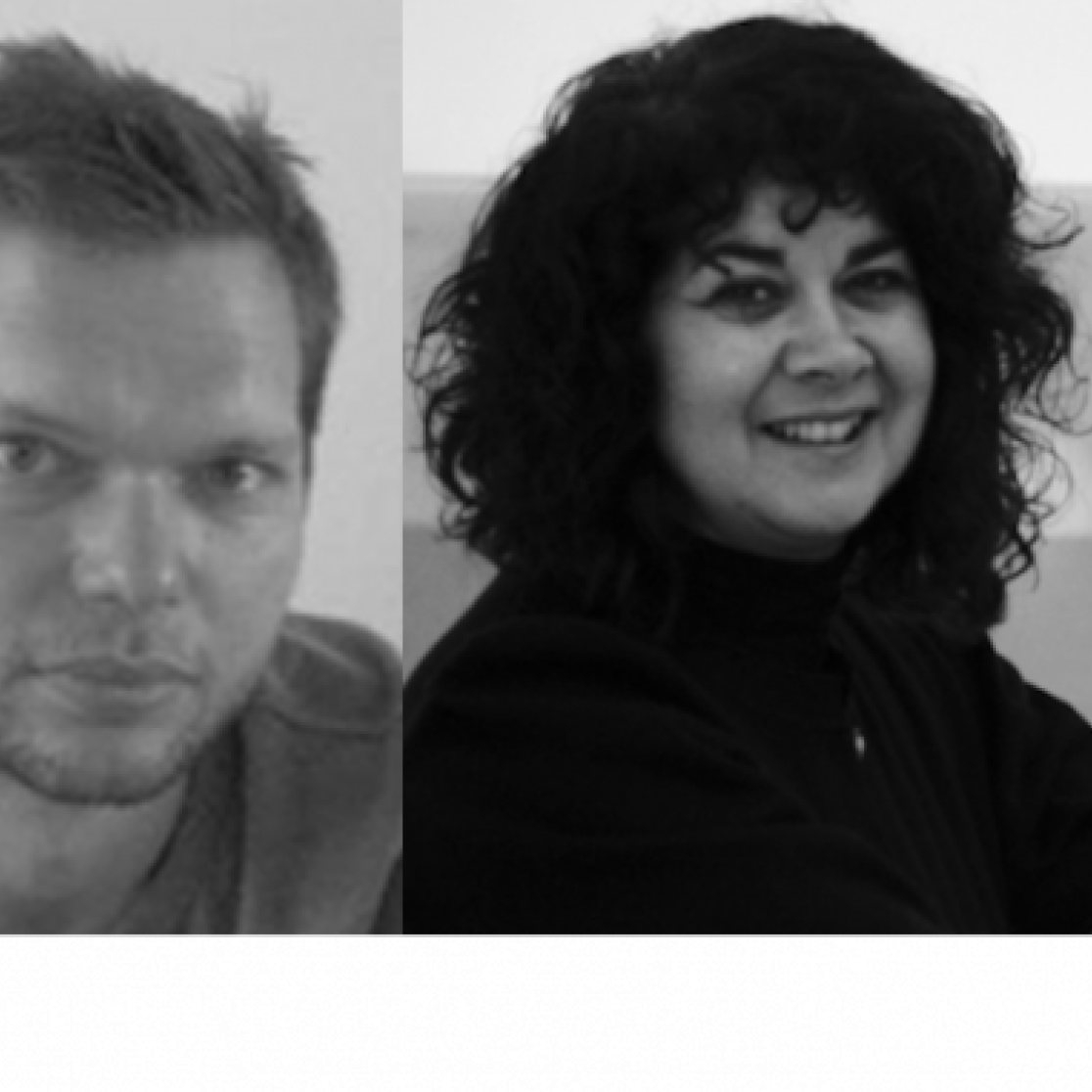
In this colloquium, we will build on some reflections on the SI originally presented as part of a series of panel provocations and discussion at the Belgian STS network workshop, Leuven, 8 June 2022, and for the Maastricht STS Colloquium we encourage further debate and critical discussion inspired by the SI as both an intellectual project and teaching resource, ‘travelling’ beyond the pages of the journal.
We will reprise key themes and messages drawn from across the articles of the SI, that can be clustered under two headings :
- Visions: Temporalities: multiple past(s), present(s) and future(s); and
- Voices: Bridging, connecting, boundary spanning & community building
Institutionalisation processes: as object of study and… RRI ambition(?);
In particular we will drill down to the critique of RI scholarship which, until recently has contributed to the construction, circulation and re-circulation of folk-histories of RRI which have arguably overplayed its novelty (leaning on Shanley’s contribution to the SI). Rather, advocating for the recovery of lost, forgotten or neglected voices, and acknowledging more explicitly that history is a political construct of the story-teller, we join other recent contributions in calling for greater attention to longer, more plural histories drawing on a diversity of perspectives, voices, and methodologies, since “tracing the historical emergence of academic/policy discourses shines a light on processes of early institutionalisation, informs narratives of contemporary self-identity and provides a resource from which to imagine alternative futures” i.e. the study of de-facto rri (Randles et al, JRI June 2022 )
Making Sense of Medicine
Colloquium 9 November 2022. Discussion of the book Making Sense of Medicine.
Contributors: John Nott, Anna Harris, Paul Craddock, Candida F. Sanchez, Harro van Lente, Sally Wyatt.
Discussants: Bernike Pasveer, Ike Kamphof, Jenny Slatman and Jessica Mesman.
This event celebrated the publication of an edited book called Making Sense of Medicine, with contributions by several MUSTS members.
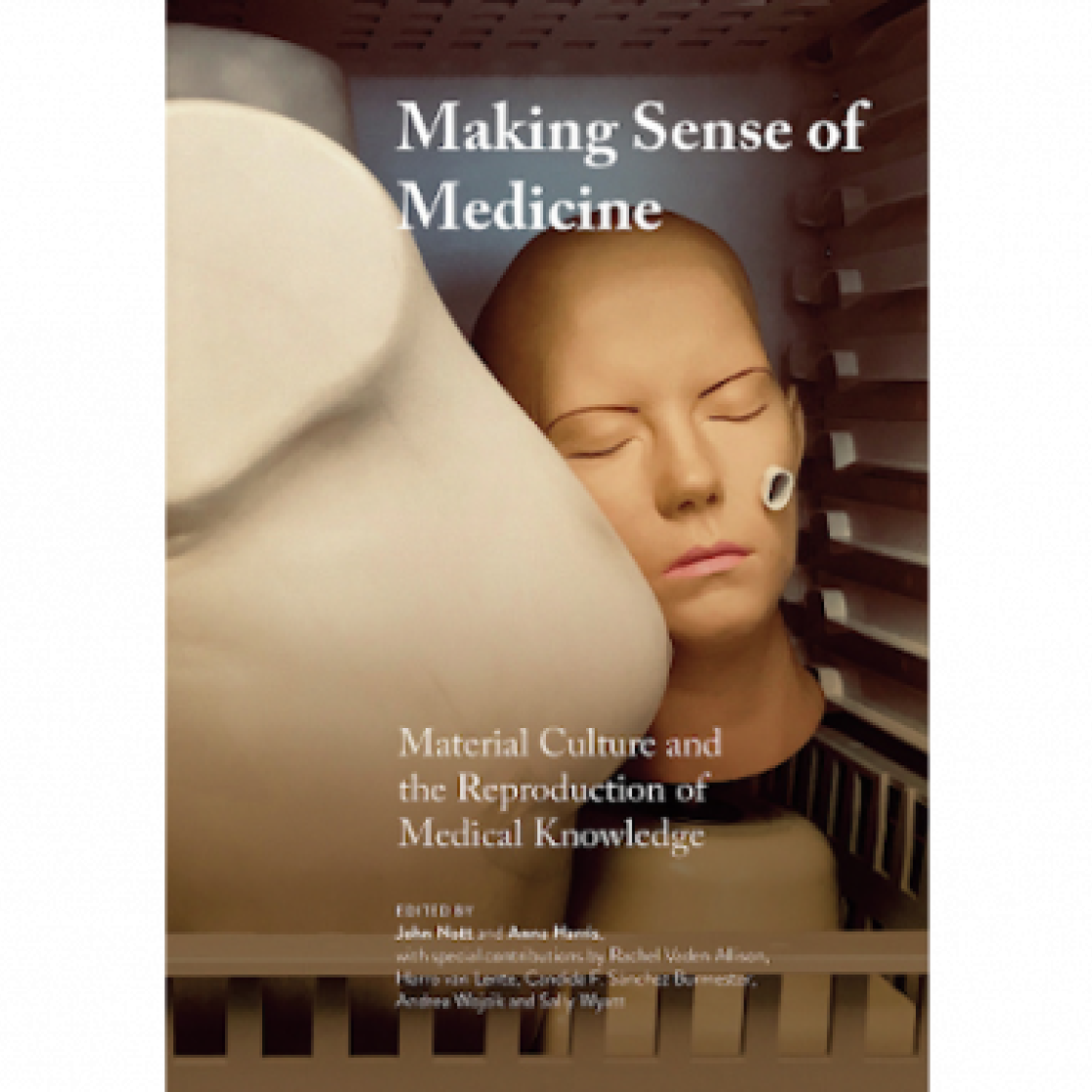
The book explores the materiality of how medical knowledge is reproduced, with a focus on the objects and places that offer guidance to novices in the field. The book comes out of the MUSTS research project Making Clinical Sense and has been a creative and collaborative effort between authors in the project team, advisors, colleagues in our field sites and in our research fields, and with the publication house.
The book is somewhat experimental in form, and in true STS-style pays careful attention to its modes of ordering. The colloquium will begin with short reflections from the four local advisors of the Making Clinical Sense project, then continue with a discussion among authors present about the making of the book, especially the experiments conducted and lessons learned while making an edited book, before opening up to Q&A.
Anna Kvicalova and Karin Bijsterveld publish OA “Comparing Voices: Speaker Identification Witness Seminar”
Witness seminar transcripts on the history of speaker identification in Europe and the USA.
On 17 June 2022, historians of science Karin Bijsterveld and Anna Kvicalova gathered with a small group of specialists in forensic phonetics and acoustics at Maastricht University in the Netherlands for a witness seminar on the history of speaker identification. The group included Angelika Braun, Herbert Masthoff and Maartje Schreuder, and in a second sitting, Peter French. The event was co-organized by the Maastricht University Science, Society and Technology Studies research programme and Charles University (Centre for Theoretical Study) in Prague. The idea was to learn more about West European speaker identification methods by drawing on participants’ personal experiences in the field, and to gain new insights in speaker identification practices in Eastern Europe around 1989.
The seminar was conducted without an audience, but a transcript of the discussion and interactions is now made available as an Open Access publication. The transcript can be downloaded here.
The publication provides a unique source of information for academics as well as speech science practitioners, offering a glimpse into the field’s development over time. It also contributes to a corpus of oral history sources on the history of the 20th century science and technology.
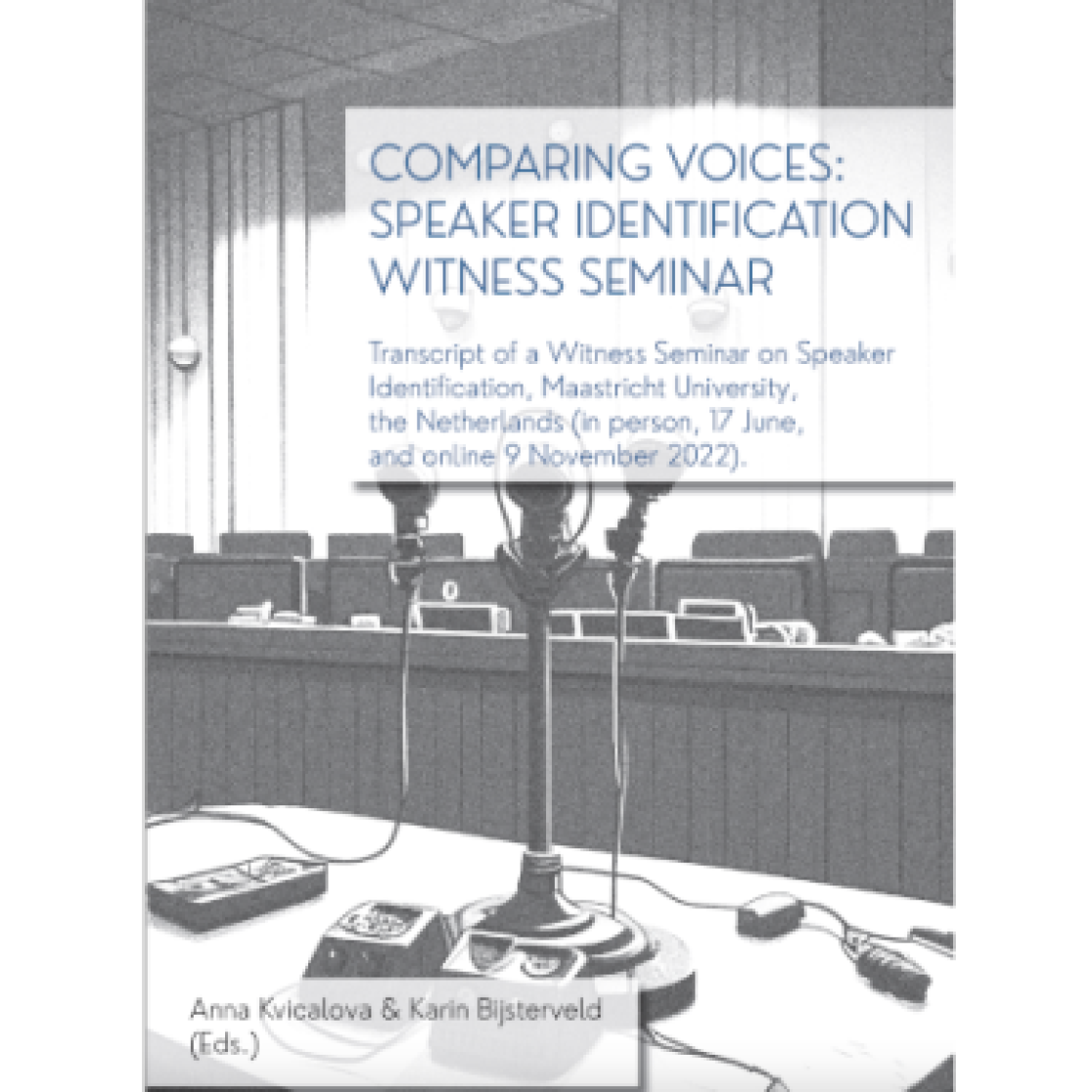
Planning the World Future: The Club of Rome and the Transformation of Futures Studies
Colloquium 22 June 2022. Speaker Elke Seefried (RWTH Aachen).
In 1972, the Club of Rome report “The Limits to Growth” stimulated an international discourse on the future of the Earth. What is more, with the “Limits to Growth” debate, futures studies shifted its perspective from a technology-driven slant towards a human-centred and global one, and the Club’s planning approach was itself transformed by the critical debate on technocratic World modelling and the so-called North-South divide. The talk presents the early history of the Club of Rome, also explaining why the Club’s history can help to open up new perspectives on futures studies and planning conceptions for which the 1970s seem to be a key watershed.
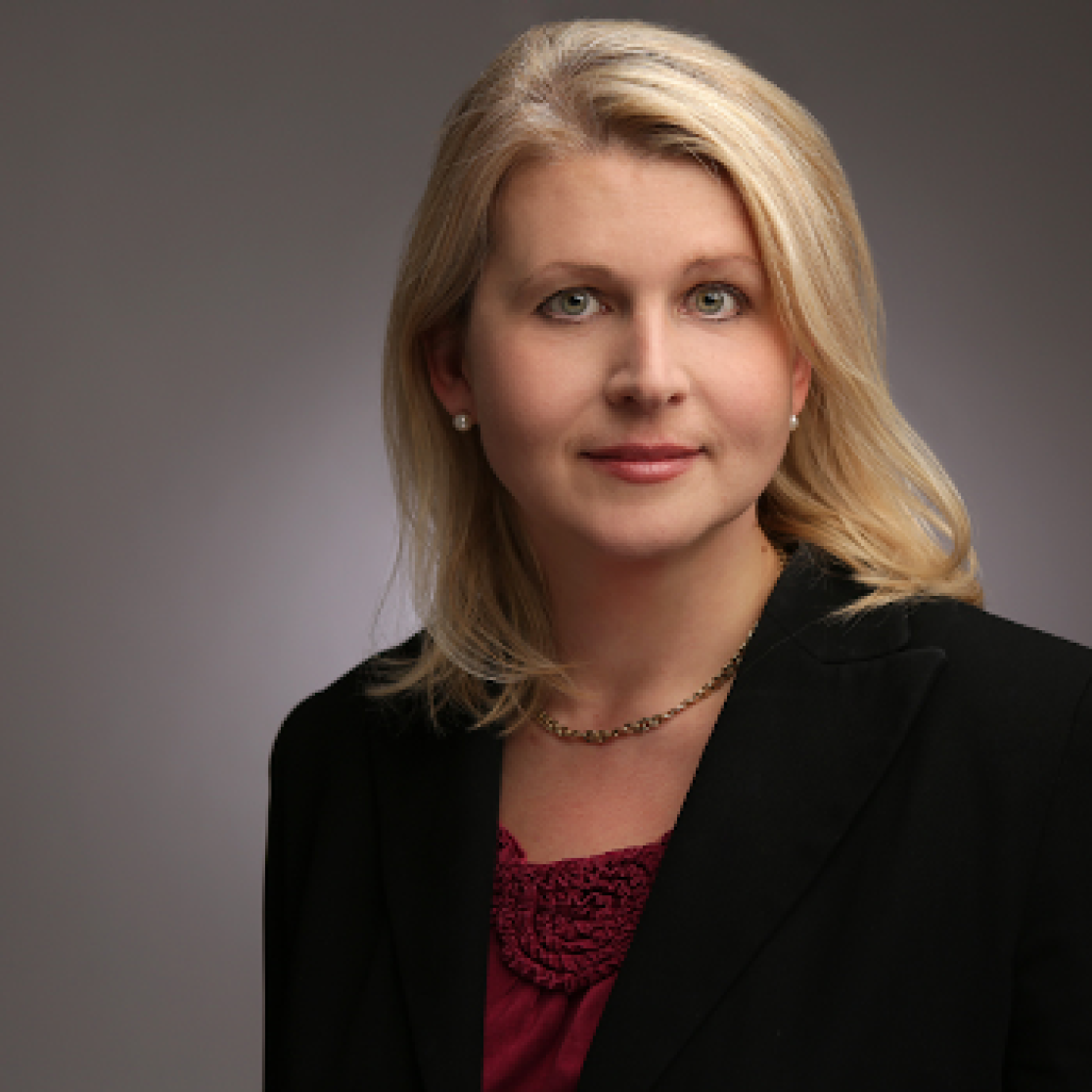
“Increased isomorphism and structural inertia. Public universities in Germany, 1995-2015.”
Colloquium 25 May 2023. Speaker Thomas Heinze (Bergische Universität Wuppertal).
Neo-institutional theory claims that organizational fields tend to be populated by entities that become increasingly similar (=isomorphic) over time. Furthermore, in higher education and public research, isomorphism is believed to be detrimental to creativity and innovation. Yet, from a quantitative point of view, we know very little about the growth and pervasiveness of isomorphism. Based on the entire field of public universities in Germany, the talk presents indicators and descriptive longitudinal evidence showing that isomorphism has increased in tandem with only modest structural change (inertia).
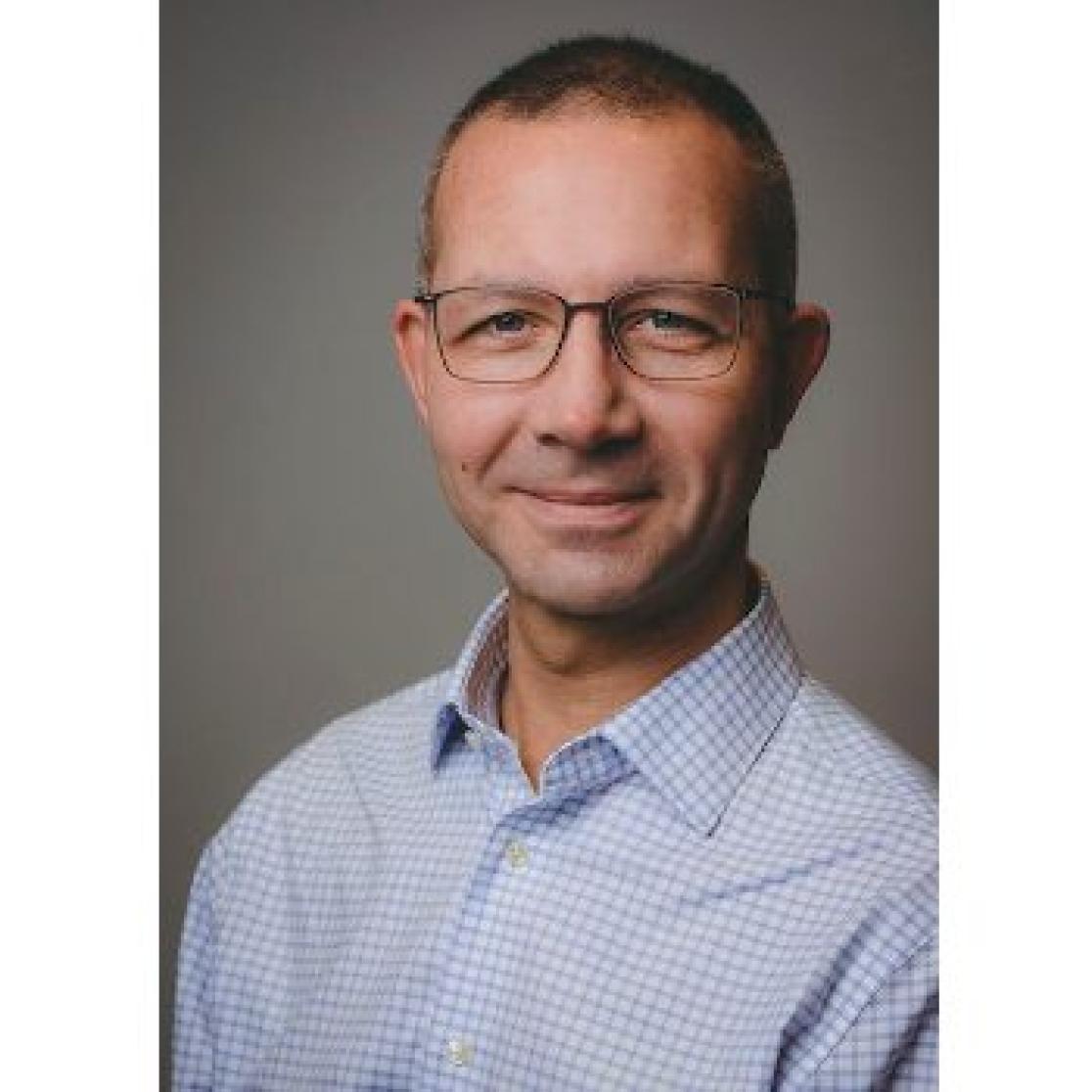
Colloquium 23 March 2023. Speaker Alice Street (University of Edinburgh).
What’s deemed possible in the wake of failure? This paper takes two failures of “access” in global health —the failure to extend state laboratory infrastructures to the level of primary care, and the biotech industry’s failure to develop diagnostic tests for the global poor—and explores the doctrine of humanitarian entrepreneurship that has emerged in their wake. The combination of humanitarian and commercial ethics that underpin endeavours of humanitarian entrepreneurship are traced through the rise and fall of a single humanitarian diagnostic device, the Daktari CD4 machine, a portable HIV testing device, that was developed by a biotech start-up company in Boston USA in the 2010s.
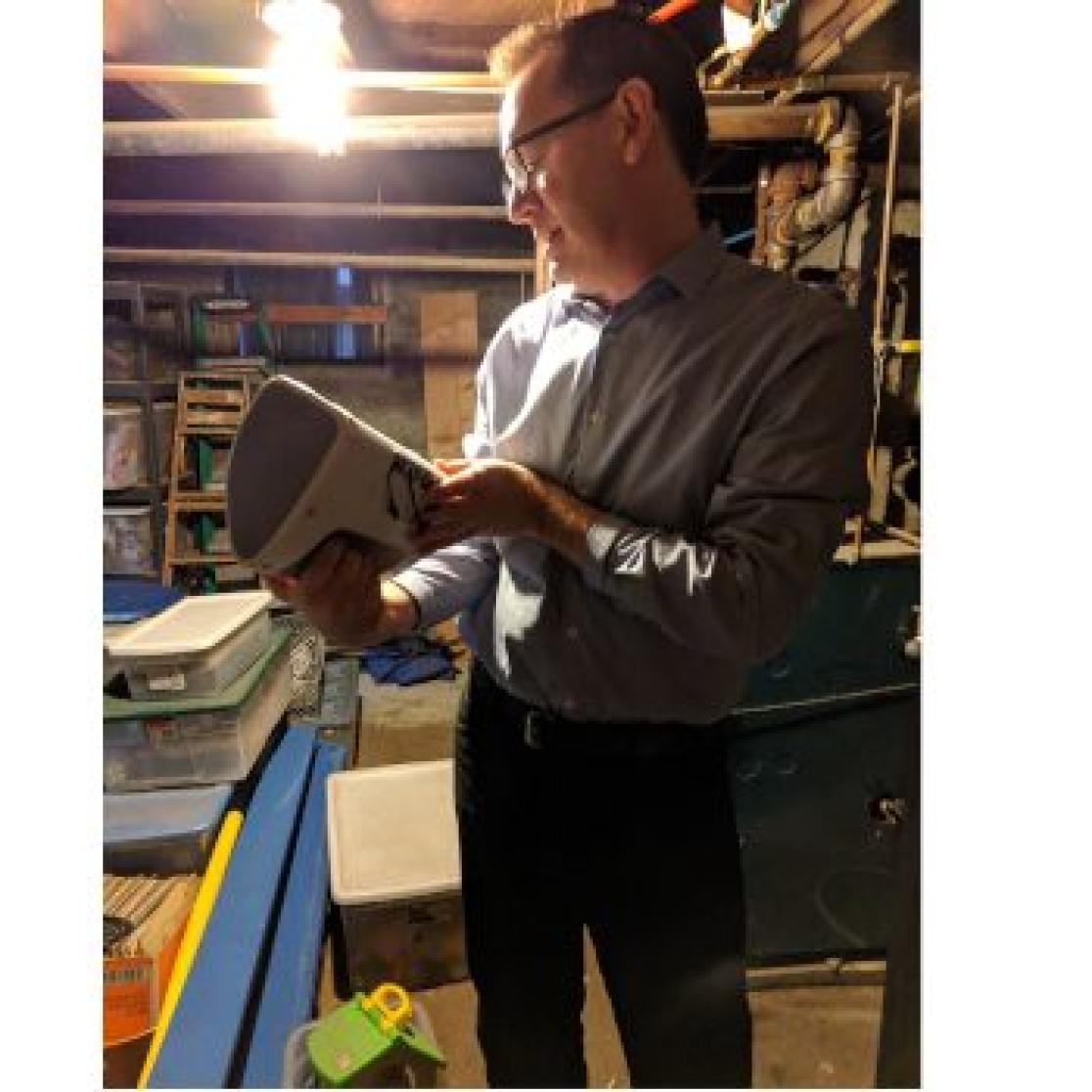
Ultimately, Daktari’s founders were unable to align the milestone-based temporalities of capital investment with the incrementalism of humanitarian design, and today the only remaining Daktari machines can be found in the basements of the company’s founders rather than HIV treatment clinics in Africa. Yet this is not simply another story of biotech hype and speculation; the generation of promissory value at the expense of actual things. Instead, the paper examines the hopes and values that employees invested in the device itself, its material manufacture and distribution. Failure, it might be said, was determined precisely by people’s prioritisation of the thing over the firm. What, I ask, is the meaning of failure, and its material remnants, when it is measured against humanitarian rather than solely commercial expectations? The paper concludes with some reflections on the aftermath of failure in humanitarian entrepreneurship and the questions that it poses for our understandings of what is possible and desirable in global health.